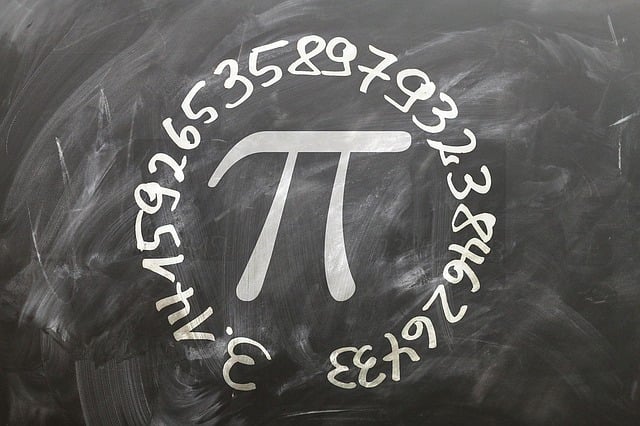Game theory, a mathematical discipline, is pivotal in shaping the Math of Online Casinos. It equips operators with tools to create balanced gaming experiences by analyzing player behavior and optimizing house advantages. Beyond online casinos, game theory's principles are applied in diverse fields like economics and political science, demonstrating its versatility in predicting strategic outcomes across complex scenarios.
“Unleash the power of strategic thinking with an exploration of game theory, a mathematical concept that transforms decision-making. This article delves into the fundamentals of game theory and its surprising applications beyond the gaming world. We uncover how this theory acts as a cornerstone for strategic planning, offering insights into competitive scenarios.
In the context of online casinos, it reveals the math behind player experiences and house advantages, providing a unique perspective on the industry. Prepare to discover how game theory’s principles can be leveraged in various fields.”
- Understanding Game Theory: A Foundation for Strategic Thinking
- Game Theory in Online Casinos: Enhancing Player Experience and House Advantage
- Beyond Gaming: Applying Game Theory to Real-World Scenarios
Understanding Game Theory: A Foundation for Strategic Thinking

Game theory, a branch of mathematics, provides a framework for understanding strategic decision-making in various situations. It offers insights into how individuals or entities choose actions to maximize their gains, often considering the potential moves and payoffs of others involved. This concept is not limited to board games or sports; it has profound implications in real-world scenarios, from economics and politics to online casinos. The “math of online casinos” leverages game theory to design fair and engaging gaming experiences, where probabilities and strategies play a pivotal role.
In the context of online casinos, game theory helps balance the odds for both players and operators. Casino games are designed with built-in mathematical advantages, ensuring that, in the long run, the house always has an edge. Understanding these dynamics allows players to make informed decisions, employing strategies that can mitigate risks while maximizing potential wins. This strategic thinking, rooted in game theory, is essential for navigating the competitive and ever-evolving landscape of online gambling.
Game Theory in Online Casinos: Enhancing Player Experience and House Advantage

Game Theory, the mathematical study of strategic decision-making, plays a significant role in shaping the dynamics of online casinos. By applying its principles, casino operators can enhance player experiences while managing and optimizing their house advantage. This theory provides a framework to analyze player behavior and predict outcomes, allowing casinos to design more engaging games with fair but profitable results.
In the realm of Math of Online Casinos, Game Theory helps in understanding player preferences and adapting game rules accordingly. For instance, casino managers can use this knowledge to adjust odds or implement dynamic pricing strategies for various slots and table games. By doing so, they encourage strategic play while ensuring a balanced advantage, creating an environment that attracts players and fosters long-term engagement without compromising the casino’s financial health.
Beyond Gaming: Applying Game Theory to Real-World Scenarios

Game theory, initially developed as a mathematical framework for understanding strategic decision-making in games, has evolved to become a powerful tool applicable across diverse real-world scenarios. Beyond its traditional use in board games and online casinos, where the math of online casinos comes into play, this theoretical framework finds utility in fields like economics, political science, and even biology. By modeling interactions between rational decision-makers, game theory helps analyze and predict outcomes in competitive markets, international relations, and evolutionary dynamics.
From negotiating business deals to understanding voting patterns, the principles of game theory offer valuable insights. For instance, understanding Nash equilibrium can provide strategic advantages in supply chain management or help anticipate reactions in diplomatic negotiations. This versatility makes game theory a versatile toolset for navigating complex situations where multiple parties are involved, each with their own interests and strategies at play.
Game theory, a powerful mathematical framework, extends far beyond board games and video games. As demonstrated, it plays a significant role in shaping strategies in online casinos by optimizing player experiences while managing house advantage. Its applications are vast, from economics and politics to biology and social sciences, showcasing its versatility as the “math of online casinos” and a valuable tool for understanding complex interactions in various real-world scenarios.






